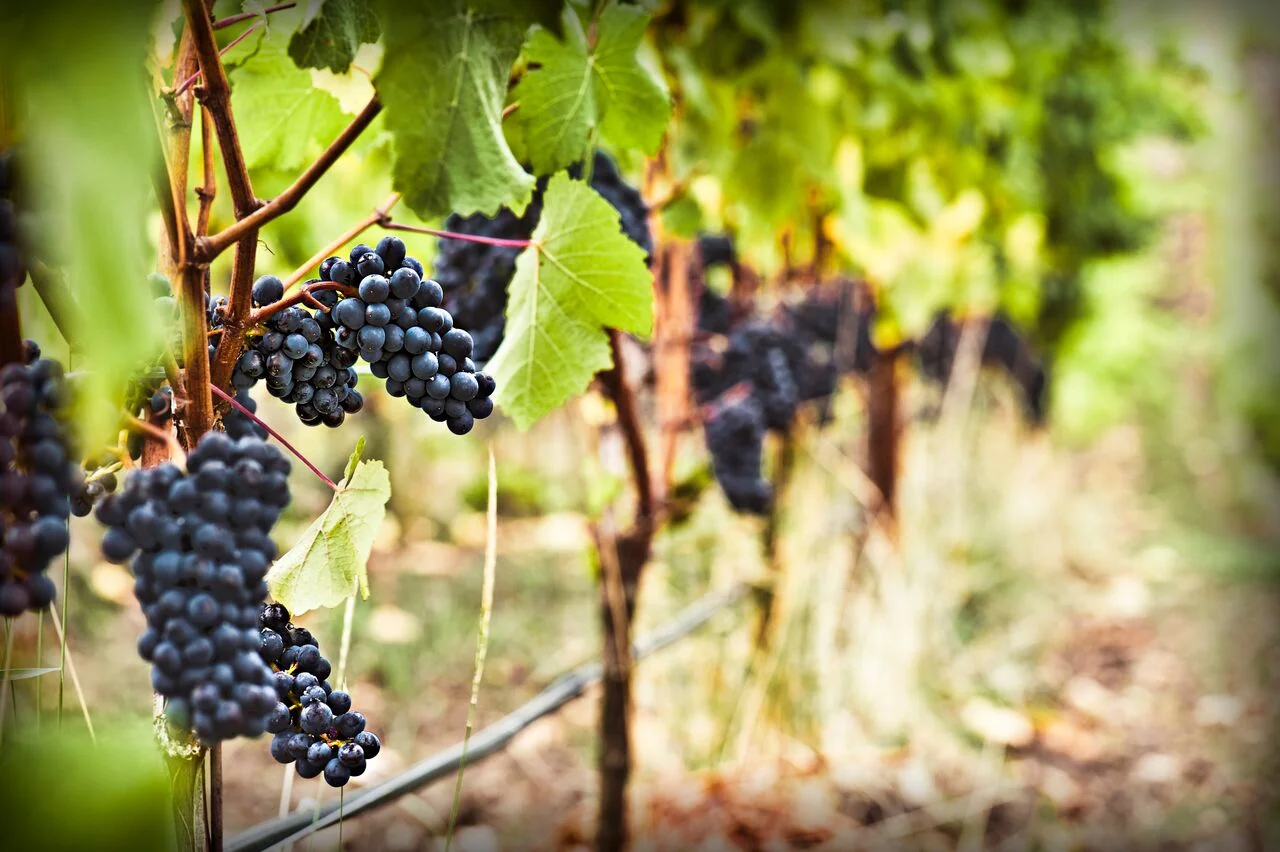Sustainability speaks to the vision we have of our job as winegrowers. The fruit for outstanding wines can only come from beautiful origins.
It is our commitment to respect the land, the vineyard, and the wines that come from our site as things of great beauty, to be carefully and lovingly tended.
Natural Weed Control
We never use herbicides in the vineyard, practicing in-row cultivation, hand hoeing and conservation tillage instead. We are going for ‘tilth” in the soil, and nuking weeds with chemicals seems to have a negative impact on the soil biology.
Land-friendly Pest Management
We simply don’t put poison out on the land. Our rodent and burrowing animal control is a “Rodentator” that effectively and humanely dispatches gophers, voles and other burrowing critters with an explosive charge of propane and oxygen.
Only Organic Fungicides
We use three organic substances to control powdery mildew in the vineyard. We use elemental micronized sulfur, stylet oil and food-grade monopotassium phosphate. Starting just before bud break we spray every 10 – 14 days with sulfur or stylet oil to prevent powdery mildew infections.
Botrytis Control
Botrytis is a mildew infection that may start early in the season, but only make itself known in the form of furry rotting fruit at the time of harvest. Our major departure from organic farming is that we’ve not found an effective organic botryticide that will safely protect the crop from botrytis.
Fertilization
Zenith Vineyard strives to improve the soil tilth of our vineyard floor with annual applications of composted organic cow manure. We do use liquid fertilizers on baby (non-bearing) plants to help them get established, but we apply the fertilizer through our drip irrigation system to target the nitrogen and micro-nutrients to the plant in extremely exact quantities.
Composting Facility
We are all about feeding the soil so the soil can feed the vine. To that end, we have an impressive 2,000 square foot composting facility which we built in 2009. We compost cow manure, horse manure, grape pommace, grape stems and other farm and household waste to make tons of rich black compost for the vineyard.
Zenith Vineyard's soil structure is comprised of sedimentary soils from the Missoula floods 14,000 years ago, laid down on a bed of ancient sea floor that is hundreds of feet thick. The soils generally fall into the silty-clay category.
Pedro Martinez - Zenith's Excellent Farm Manager


